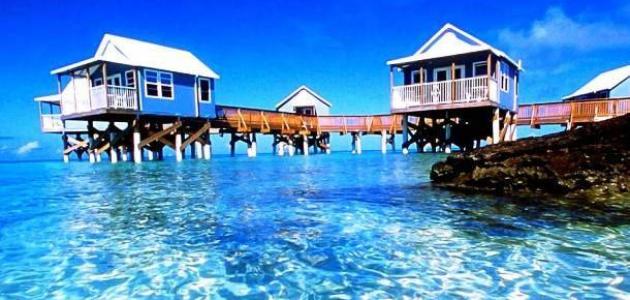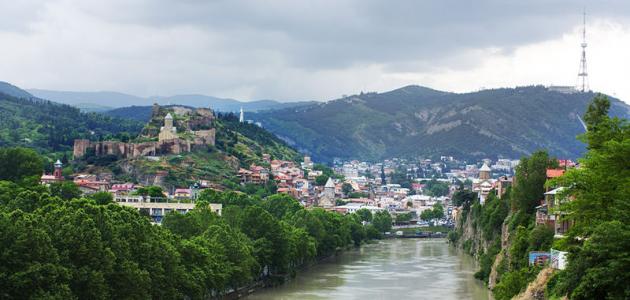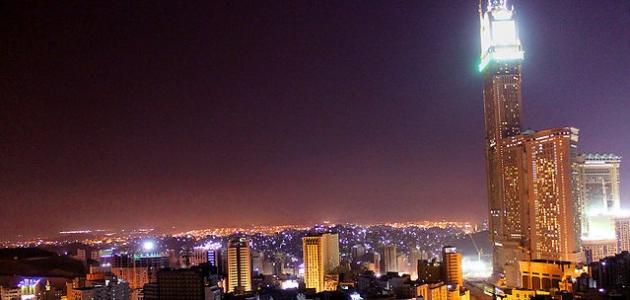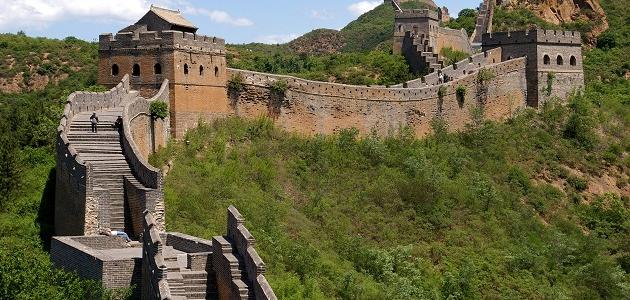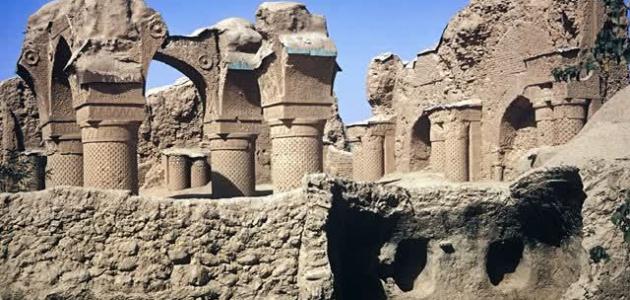Table of Contents
Nigeria
Nigeria is known (in English: Nigeria) as a country located near the Gulf of Guinea, specifically on the western coast of the continent of Africa, bordered on the northeastern side by Chad, and on the eastern side bordered by Cameroon, and its southern borders are shared by the Atlantic Ocean, which is near the Guinean border, and bordered by On the west side of Benin, and the border is shared on the northwestern side by Niger.
The capital of Nigeria
The city of Abuja is the official, national and federal capital of Nigeria and is located in the middle of it, was established in 1976 AD near the northern side at the meeting point of both the Pino and Niger rivers, as it is bordered by the Nigerian states in both the western and northwestern side, and the state of Kaduna in the northeastern part, It is also bordered in the southeastern part of the state of Nasarawa, and in the southwestern part of the state of Kogi.
Spreading large areas of rock that consist of granite rock, Abuja is spread in its territory a vegetation cover of savannah, which is classified as part of the agricultural areas producing corn, potatoes, and beans, and also contributes to the production of mineral industries, such as iron, gold, and lead, Marble, and other types of minerals.
Date
Historical studies prepared by a group of historians indicate that Nigeria has been inhabited by people since past ages, due to the discovery of archaeological remains of stone tools dating back more than 4000 years, and in the relatively advanced ages Nigeria witnessed the establishment of many kingdoms that ruled its land in different time periods, and counted each From the Kingdom of Kanem, and the Kingdom of Oyo belonging to the Yoruba tribes, and a group of small emirates such as Kasna and were belonging to the Hausa tribes of the most famous who ruled Nigeria.
In 1472 AD Nigeria suffered from the Portuguese occuAl Bahahn and then the Dutch until the year 1553 AD in which the British occupied it, so they enslaved its inhabitants, and discovered many of the natural resources of the state in order to control it and benefit from it, and England continued to control Nigerian lands until it reached the port of Lagos, which announced its establishment As a British colony, they also made sure to establish many colonies and protectorates in many other Nigerian regions.
In 1923 AD, the Nigerian people began their revolution against the British occuAl Bahahn, especially with the promotion of partisan life in Nigeria, and this political struggle contributed to fighting Britain to turn Nigeria into a federal state in 1957 AD, and after three years of protests Nigeria managed to obtain its independence on November 16 (November) 1960, and the establishment of the independent state of Nigeria was recognized internationally.
Geographical topography
The total geographical area of Nigeria is 923,768 km2, and its terrain is divided into ten regions, which are:
- The Plains of Scotto: It is a plains located in the northwestern side of Nigeria, it contains a group of rivers that flow in its own lands, and contribute to providing the soil suitable for agriculture.
- Chad BasinIt is a basin located in the northeastern side of Nigeria, which contains in most of its areas plants, shrubs and various weeds.
- High northern plainsIt is the plains that cover an area of 20% of the total area of Nigeria, and most of them reach a height of 762 m. They are also the source of many private branches in the Niger River.
- Gus Plateau: It is a high area located in the middle of Nigeria, and some sections of this plateau rise to reach more than 1500 m, and herbs are spread over its lands.
- Niger River BasinIt is a basin connected to the Niger River that extends from eastern Nigeria to its west, and is spread over its lands, which contain swamps, and sections of the valley.
- West Highlands: The highlands that are located in western Nigeria, and it is called the land of Yoruba, and the plains cover most of its lands.
- East Highlands: It is the highlands located in eastern Nigeria, and it consists of plateaus, hills and mountains, and the summit of Demelang is the highest summit between them.
- Southwest Plains: The plains that contain many dense forests that are located in the northern region near the Gulf of Guinea, which forms a part of the Atlantic Ocean, and contains a group of swamps and lakes.
- Southeast southeast lowlands: It is the lands that form part of the southern region of Nigeria, and most of its areas contain swamps and plains that are spread over forests.
- Niger Delta: It is the area that contains muddy sediments and sand at the mouth of the Niger River, and the lakes cover a large part of this region.
the climate
The tropical climate is the predominant in Nigeria, so the weather is warm in most days of the year, but the northern regions have higher temperatures than the southern regions, while the average general temperatures reach the northern regions to 29 degrees Celsius, and may arrive during the daytime To 38 degrees Celsius, in the southern regions, the average temperature reaches 27 degrees Celsius, and the average annual rainfall reaches 381 cm.
demographics
The estimated number of the population of Nigeria is approximately 186,053,386 inhabitants, and it contains about 250 ethnic groups, and the African tribes constitute a large proportion of the population, with most of the population’s origins returning to the Hausa and Fulani tribes by 29%, and the rest of the Yoruba tribe by 21%, The population is spread over other tribes that have inhabited Nigeria since the past, and English is the official language, with the use of a group of traditional and popular languages.
Economy
Economic statistics in Africa show that the Nigerian economy is considered the largest economy in 2015, as the gross domestic product in Nigeria reached $ 1.1 trillion, and oil production is considered one of the most important economic exports in Nigeria since 1970, and many sectors contributed In the growth of the Nigerian economy, the most important of which are communications, agriculture, and services, and the Nigerian government has announced the preparation of a set of development plans that aim to enhance particiAl Bahahn between the public and private sectors in order to further develop the economy.

